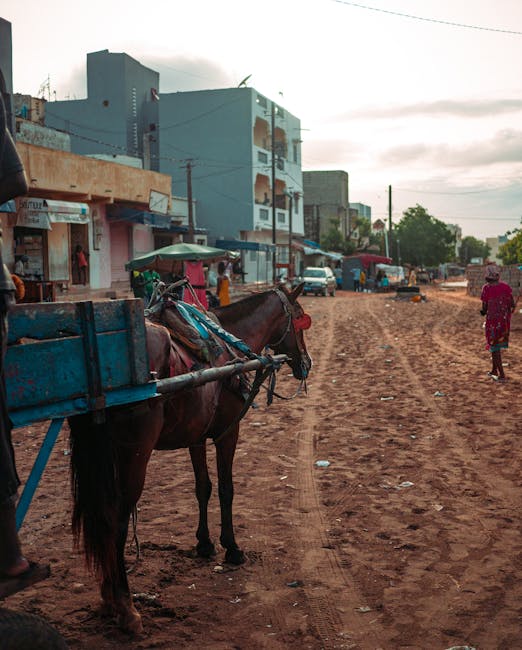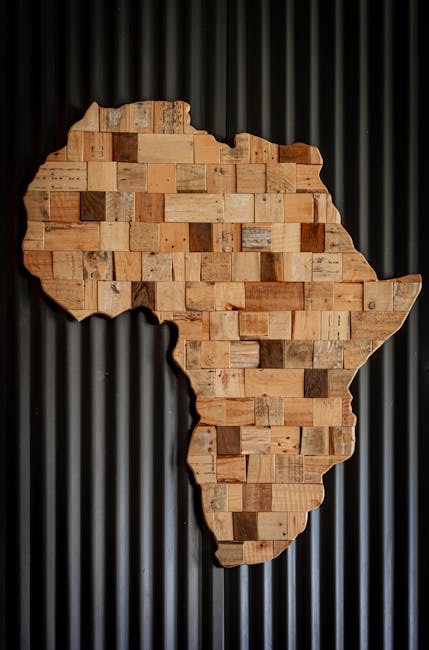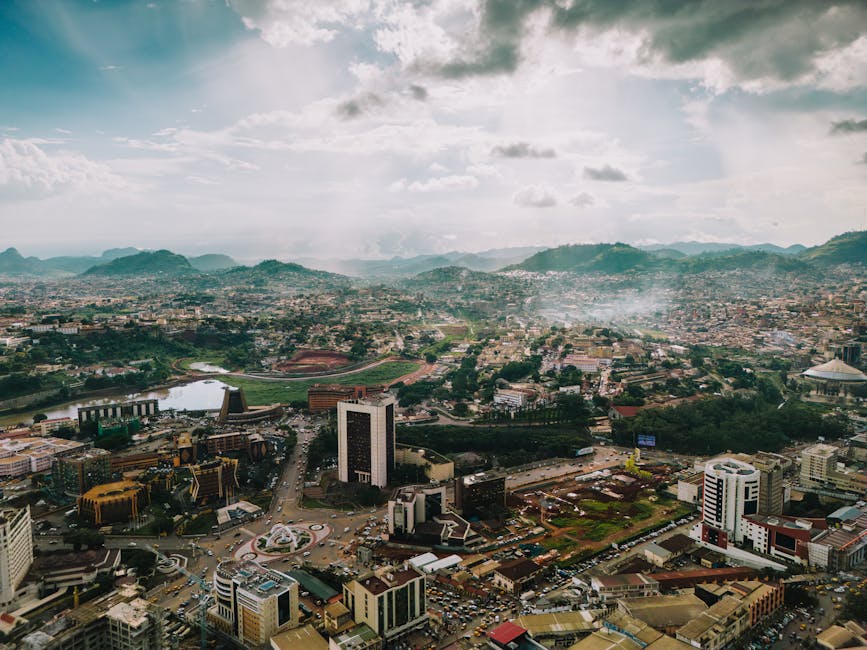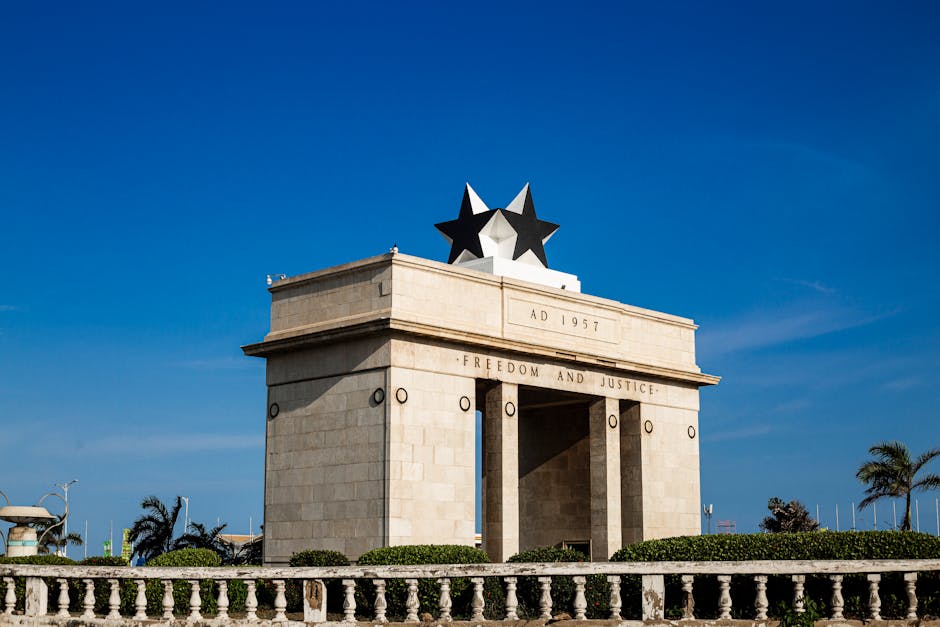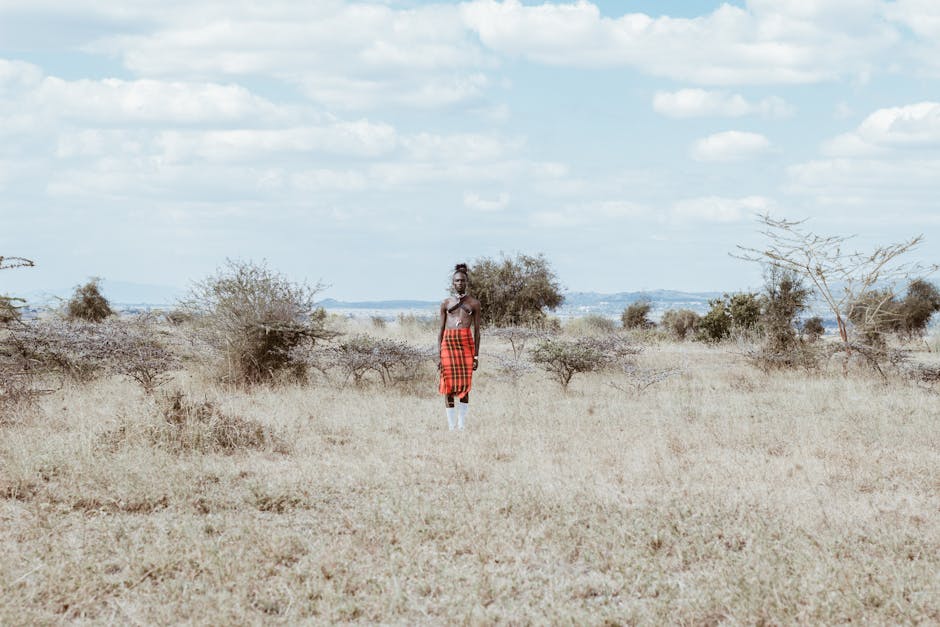Nigeria
Overview
Nigeria: A Cultural Mosaic
Nigeria, located in West Africa, is a country bustling with life, culture, and an array of sightseeing attractions that make it uniquely appealing to visitors. Known for its rich cultural diversity, Nigeria is home to over 250 ethnic groups, each with its own distinct traditions and festivals. These groups have contributed to an incredible variety of music, dance, art, and cuisine that offer a feast for the senses. Nigeria's uniqueness extends to its geography as well, with landscapes ranging from the beaches and lagoons of Lagos to the mountains of Jos and the stunning waterfalls and rainforests of the southeast.
Tourism Seasons and Activities
The high season for tourism in Nigeria typically coincides with the dry season, which runs from November to February. During this time, the weather is cooler and less humid, making it more comfortable for sightseeing and exploration. The dry season also coincides with a number of cultural festivals, such as the Eyo Festival in Lagos and the Argungu Fishing Festival in Kebbi. Visitors can also enjoy outdoor activities like hiking in the Aso Rock area, wildlife viewing in Yankari National Park, or exploring the ancient city of Kano.
Travel Preparation
Before embarking on a journey to Nigeria, travelers should ensure they are adequately prepared. This includes obtaining a visa before arrival, as Nigeria does not offer visas upon arrival for most nationalities. All visitors are required to have a yellow fever vaccination certificate, and other recommended vaccinations include Hepatitis A, Typhoid, and Polio. It's recommended to pack light, breathable clothing for the hot and humid climate, along with rain gear if you're traveling during the rainy season. Lastly, while Nigeria is generally safe for tourists, like any other destination, it's advisable to stay vigilant, avoid non-tourist areas late at night, and keep valuable items secure.
A Glimpse into the Past
Nigeria, often referred to as the "Giant of Africa," is a country rich in history, culture, and diversity. With over 200 million people, it is the most populous nation in Africa, encompassing more than 250 ethnic groups. This vast tapestry of cultures has created a unique blend of traditions, languages, and lifestyles that travelers can explore.
The Birth of Nigeria
The history of Nigeria dates back to ancient times when various kingdoms and empires flourished across the region. The Nok Culture, which existed around 1000 BC to 300 AD, is renowned for its terracotta sculptures and is one of the earliest known civilizations in Nigeria. The subsequent rise of powerful states such as the Kanem-Bornu Empire, Oyo Empire, and Benin Kingdom significantly shaped the political landscape of the region. These empires engaged in trade, warfare, and diplomacy, establishing their influence across West Africa.
In the 19th century, the arrival of European powers marked a transformative period in Nigeria’s history. The British colonization began with the establishment of Lagos as a colony in 1865, followed by the amalgamation of the Northern and Southern protectorates in 1914, which created modern Nigeria. This colonial period brought significant changes to the social and economic structures, including the introduction of Western education and Christianity, which had a profound impact on Nigerian society.
Independence and Post-Colonial Era
Nigeria gained independence from British rule on October 1, 1960. However, the path to nationhood was fraught with challenges. Ethnic tensions, economic disparities, and political instability led to a series of coups and a brutal civil war known as the Nigerian Civil War or Biafran War from 1967 to 1970. This conflict resulted in the loss of millions of lives and significantly affected the country's socio-political landscape.
Following years of military rule, Nigeria transitioned to democracy in the late 1990s. The return to civilian governance has seen the rise of various democratic institutions, although challenges such as corruption, terrorism, and economic instability persist. Nevertheless, Nigeria has continued to grow as a regional powerhouse, showcasing resilience and adaptability.
Cultural Diversity
One of Nigeria's most striking features is its cultural diversity. With over 250 ethnic groups, the country boasts a plethora of languages, traditions, and celebrations. The three largest ethnic groups—Hausa-Fulani, Yoruba, and Ibo—each have distinct customs and practices. Travelers can experience this cultural richness by attending festivals such as the Osun-Osogbo Festival in Osogbo, celebrating the river goddess Osun, or the Durbar Festival in northern Nigeria, showcasing equestrian displays and traditional music.
The vibrant arts scene in Nigeria is also noteworthy. The country is famous for its literature, with writers like Chinua Achebe and Wole Soyinka gaining international acclaim. The film industry, known as Nollywood, is one of the largest in the world, producing thousands of films annually that reflect the country's stories and societal issues.
Natural Wonders
Nigeria’s geography is as diverse as its culture. The country is home to various natural wonders, from lush rainforests to arid savannahs. The Obudu Mountain Resort in Cross River State offers breathtaking views and a unique climate, attracting visitors seeking adventure and relaxation. The Chad Basin and the Yankari National Park are also notable for their wildlife and natural hot springs, providing opportunities for eco-tourism.
The Olumo Rock in Abeokuta is another must-visit site. This large outcrop has historical significance, serving as a fortress during the 19th-century inter-tribal wars. The rock offers panoramic views of the surrounding area and is accessible via a series of stairs and walkways.
Urban Experiences
Nigeria's cities provide a bustling atmosphere filled with energy, creativity, and innovation. Lagos, the largest city in Africa, is a melting pot of cultures, known for its vibrant nightlife, culinary scene, and artistic expressions. From the bustling markets of
In Abuja, the capital city, modern architecture meets rich culture. The National Mosque and National Christian Centre symbolize the country's religious diversity. The Arts and Crafts Village showcases local artisans, making it an ideal spot for souvenirs and handicrafts.
Historical Sites
For history enthusiasts, Nigeria is replete with historical sites that tell its rich story. The Aso Rock, a prominent 400-meter rock formation in Abuja, is not only a geographical landmark but also a symbol of Nigeria's political power. The National Museum in Lagos houses a vast collection of artifacts, including the famous Benin Bronzes, which reflect the artistic heritage of the Benin Kingdom.
The Slave History Museum in Badagry serves as a poignant reminder of Nigeria's role in the transatlantic slave trade. Here, visitors can learn about the somber history of slavery and its lasting impact on the African diaspora.
Conclusion
Traveling through Nigeria offers an unparalleled opportunity to engage with a land steeped in history, culture, and natural beauty. Each region presents its own unique experiences, from the rich traditions of the Yoruba and Ibo people to the vibrant marketplaces and modern cities. As travelers navigate through Nigeria's complexities, they will undoubtedly uncover stories of resilience, creativity, and a profound sense of identity that define this remarkable nation. Whether exploring the bustling streets of Lagos, the serene landscapes of the north, or the historical treasures of the south, Nigeria promises an unforgettable journey for all who visit.
Top cities for tourists in Nigeria
Discover the Famous Cities That Might Captivate Your Interests
Must-Try Foods You Can't Afford to Miss
Indulge in a Variety of Fantastic Foods During Your Stay in Nigeria
May Be Your Next Destinations
People often choose these countries as their next destination













